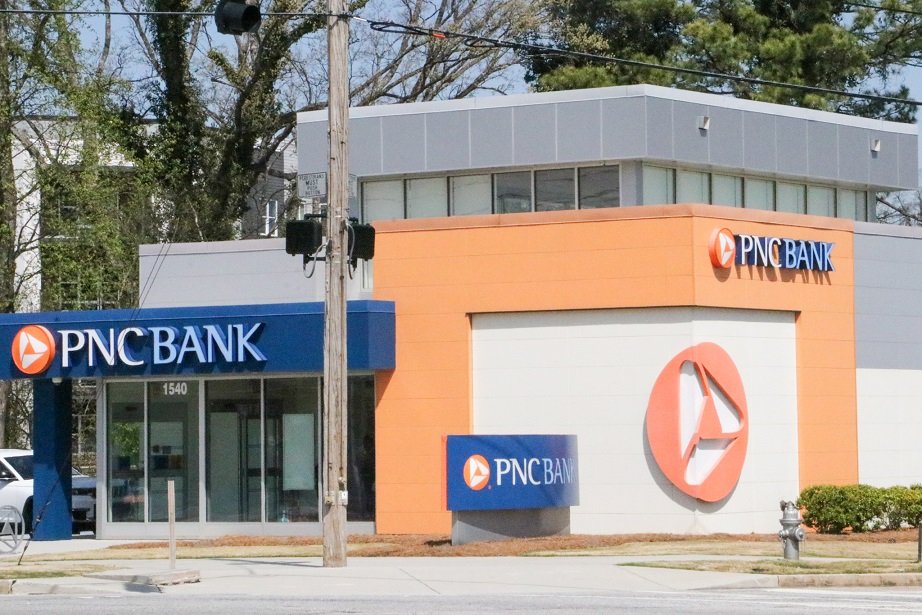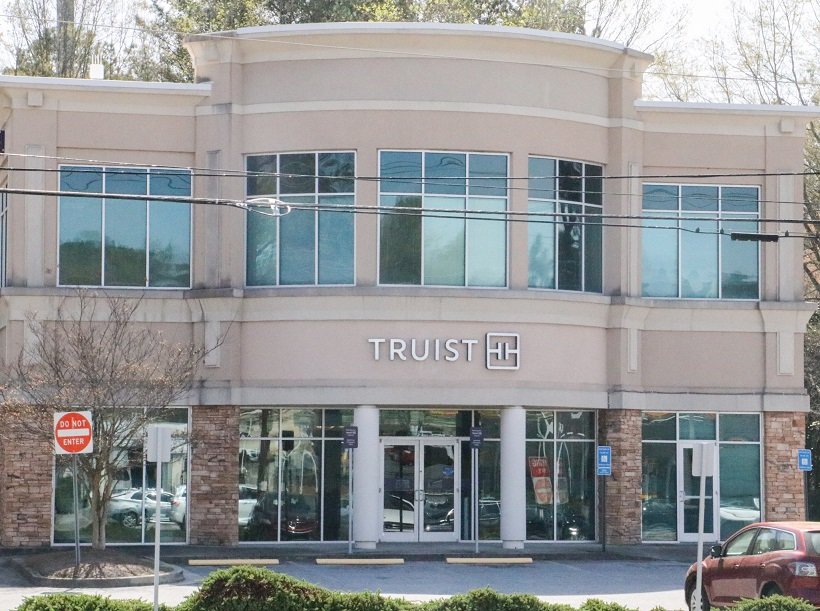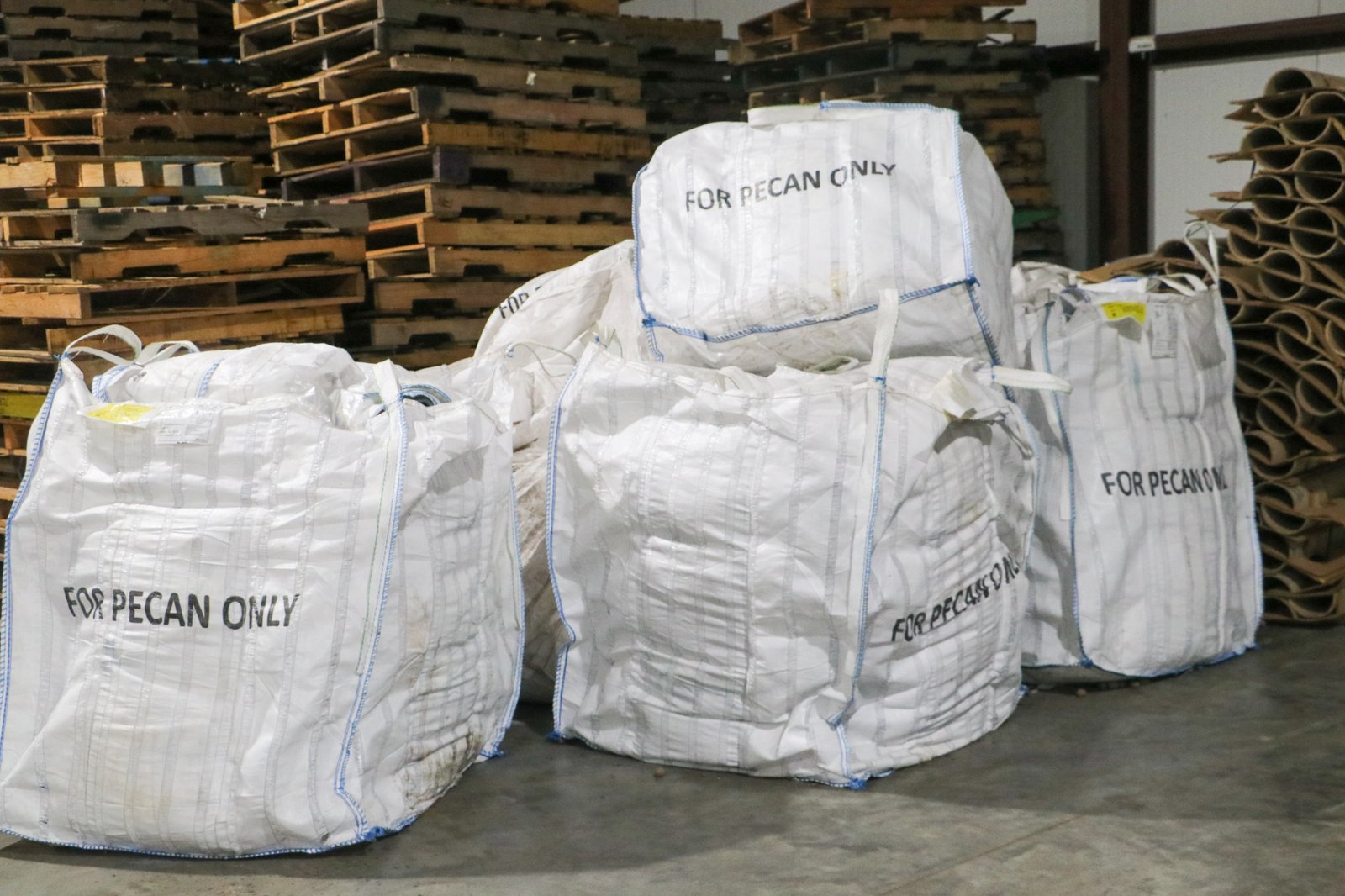
By Milton Kirby | Atlanta, GA | March 27, 2025
In a blow to consumer advocates and working families, the U.S. Senate voted 52-48 on Thursday to repeal a landmark Consumer Financial Protection Bureau (CFPB) rule that capped overdraft fees at major banks. The rule, finalized in December 2024, aimed to rein in predatory banking practices that disproportionately affect low-income and minority communities.
The resolution now heads to the House of Representatives, where a companion bill already passed the Financial Services Committee on a 30-19 vote. Passed under the Congressional Review Act (CRA), the measure not only invalidates the CFPB regulation—it also bars future administrations from implementing any “substantially similar” protections. If the House passes the resolution, it will permanently strip away guardrails meant to shield consumers from exorbitant overdraft fees.
A Hard-Fought Reform Reversed
At the heart of the controversy is the CFPB’s now-overturned rule, which targeted financial institutions with more than $10 billion in assets. Under the regulation, large banks had three choices when it came to charging overdraft fees: impose a modest $5 fee, charge only enough to cover actual costs or losses, or treat overdraft as a loan—subject to standard lending laws and consumer disclosures.
The CFPB estimated the rule would have saved Americans up to $5 billion annually, or approximately $225 per household that incurs overdraft fees. Currently, banks charge an average of $35 per overdraft transaction.

But financial industry lobbyists—backed by Republicans and some moderate Democrats—mobilized quickly to kill the rule, arguing it would limit consumer access to overdraft services. In the hours after the rule was finalized, banks filed lawsuits, and by February, Republican leaders in Congress had introduced CRA resolutions to overturn it.
Senate Banking Committee Chair Tim Scott (R-SC), who led the effort, framed the rollback as a victory for “consumer choice,” claiming that the rule was part of President Biden’s “politically motivated ‘junk fee’ agenda” meant to distract from inflation. Yet critics argue the real beneficiaries are the banks—many of which have posted record profits from overdraft fees.
Warnock’s Fight for Fairness
Today’s vote is a bitter setback for Senator Reverend Raphael Warnock (D-GA), who has championed consumer protections since taking office. In March 2023, Warnock, alongside Senator Cory Booker (D-NJ), launched a campaign demanding accountability from the ten U.S. banks that generated the most revenue from overdraft and insufficient fund fees in 2021. The senators sent formal inquiries to institutions including JPMorgan Chase, Bank of America, Wells Fargo, Truist Bank, and PNC Bank, pressing them on how they justified such steep fees.

Later that year, Senator Warnock chaired a Senate Banking Subcommittee hearing on the harmful impacts of overdraft fees. In his opening remarks, he laid bare the inequities baked into the system:
“One-third of unbanked households cite high fees as the reason they remain without a bank account. These types of fees affect people of color at a disproportionate rate. Banks with branches in predominantly Black neighborhoods charge more for overdraft services. And the customers hit hardest are often low-income, have poor credit, and are disproportionately Black and Hispanic.”
Warnock’s advocacy helped pave the way for the CFPB’s December 2024 rule, which sought to close an outdated regulatory loophole that had long exempted overdraft loans from lending laws. The rule was hailed by consumer advocates as one of the most meaningful financial protections in over a decade.
A Rare Break in the Ranks
While the Senate vote fell largely along party lines, one Republican Senator Josh Hawley of Missouri broke ranks and voted to uphold the rule. “I do not want to give big banks the ability to charge people outrageous sums of money,” he said on the Senate floor, noting that the regulation would save the average working-class household about $265 a year.
His lone vote of dissent highlights the stark contrast between political rhetoric around working families and legislative action that directly impacts their wallets.
What’s Next?
With the House poised to vote on the resolution, the future of overdraft fee protections hangs in the balance. If the CRA is passed by both chambers and signed into law, it will permanently block the CFPB from revisiting the issue, leaving consumers vulnerable to high, often unexpected, fees at a time when many families are still struggling to recover from the economic shocks of inflation and housing costs.
For Senator Warnock, the fight is far from over.
“Today’s vote puts corporate profits above working people,” Warnock said in a statement. “I will continue to advocate for financial fairness and dignity, especially for those who are too often left behind by our banking system.”








